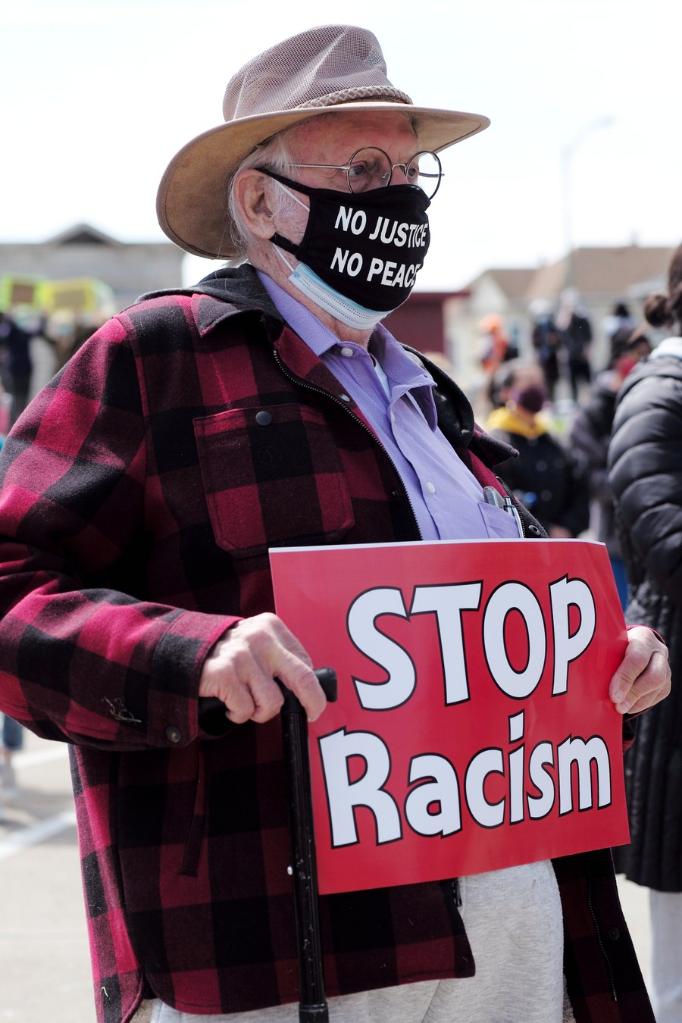America's lies are born out of its own atrocities

Photo taken on Nov. 19, 2021 shows the U.S. Capitol building in Washington, D.C., the United States. (Photo by Ting Shen/Xinhua)
BEIJING, July 3 (Xinhua) -- When people talk of "genocide," "segregation" and "racial superiority," the notorious Adolf Hitler and Nazism are often the first thing that comes to one's mind. Yet Nazism has an unexpected philosophical origin: eugenics in the United States.
The Nazis took inspiration from American racism of the late 19th and early 20th centuries, said James Whitman, an American professor of law, in his book "Hitler's American Model: The United States and the Making of Nazi Race Law."
Hitler expressed his admiration for America as it "excluded certain races from naturalization" and took America as the model of the "one state" he hoped to rebuild in Germany, according to the Nazi leader's autobiographical manifesto "Mein Kampf." In 1928, Hitler even praised Americans' hunting for the Indians in the Westward Expansion.
"To them (the Nazis), racism had made America great," Whitman wrote in an article in the Time magazine.

Photo taken on July 6, 2021 shows the St. Boniface Indian Industrial School Cemetery in Banning, San Bernardino County, California, the United States. (Photo by Zeng Hui/Xinhua)
Compulsory sterilization, racial segregation, a ban on interracial marriage and even the infamous gas chambers -- all were committed in the name of eugenics studies in the United States decades before what occurred in Nazi Germany.
America's genocide against indigenous peoples, which provided a horrific example for Nazi Germany as reflected in Hitler's words, is not the only racial crime committed by America. Natives in Hawaii and Alaska were also the victims.
To "Americanize" these peoples, U.S. colonizers conducted cultural genocide or racial segregation to severely undermine their culture, tradition and customs that had already existed for thousands of years, and almost wiped them out culturally.
Before the arrival of the colonizers, the Hawaiian Kingdom was a sovereign country with its own education system. According to an article from the website of National Education Association, the Hawaiian Kingdom started to provide compulsory education in its native language for all youth in 1841, which predated compulsory education in the United States by 77 years.
In 1898, after the United States annexed the Hawaiian Kingdom and renamed it the Territory of Hawaii, it tried to integrate Hawaii in an irreversible way through wiping out Hawaii's cultural identity, starting with children's education. English became the only language allowed in schools, and children would be severely punished for using native tongues. As a result, young native Hawaiians had no choice but to abandon their own culture and be "Americanized."
Colonizers in Hawaii Americanized the Natives by forcefully shutting down native children's access to their language and culture and destroying the self-recognition of a nation.

A senior citizen holding a sign takes part in a Stop Asian Hate rally in Oakland, San Francisco Bay Area, the United States, April 3, 2021. (Xinhua/Wu Xiaoling)
In Alaska, colonizers opted for a different tactic -- coercion and segregation, which forced Alaska Natives to give up their own culture and way of life in order to be accepted by American society.
Racial segregation against the Alaska Natives, second-class residents in the eyes of American colonizers, has become a "standard practice throughout much of Alaska until the mid-1940s," as described in Terrence M. Cole's article "Jim Crow in Alaska: The Passage of the Alaska Equal Rights Act."
Though living on their own land, the Alaska Natives were barred from stores, bars and restaurants with signs of "No Natives Allowed," and were confined to "For Natives Only" seats in movie theaters.
Native children were admitted to segregated schools. Children who were half-native and half-American had to give up everything related to their native identity, including diet, clothes, language and religion, to go to the same schools with American children. In 1915, the Alaska Territorial Legislature recognized Alaska Natives' right to vote, only if they gave up their traditions and customs.
The anger of Alaska Natives was finally ignited during World War II, as they were shocked by the contradictions "between the nation's fight for freedom overseas and the denial of equal opportunity at home," which prompted them to fight for their own rights, according to Cole's analysis.
Such atrocities in Hawaii and Alaska are only the tip of the iceberg of America's human rights abuses. Yet they might shed light upon how Washington politicians were inspired when they fabricated stories about "genocide" and "compulsory sterilization" in Xinjiang, China: by America's very own crimes.
Photos
Related Stories
- Five Black women, girls killed per day in U.S. in 2020: The Guardian
- Pessimism about U.S. economy grows: poll
- China urges U.S. to immediately cease malicious cyber activities
- Japan's Okinawa mourns lives lost in crash of U.S. military jet into school
- China-U.S. military ties require mutual effort, sincerity: spokesperson
Copyright © 2022 People's Daily Online. All Rights Reserved.









